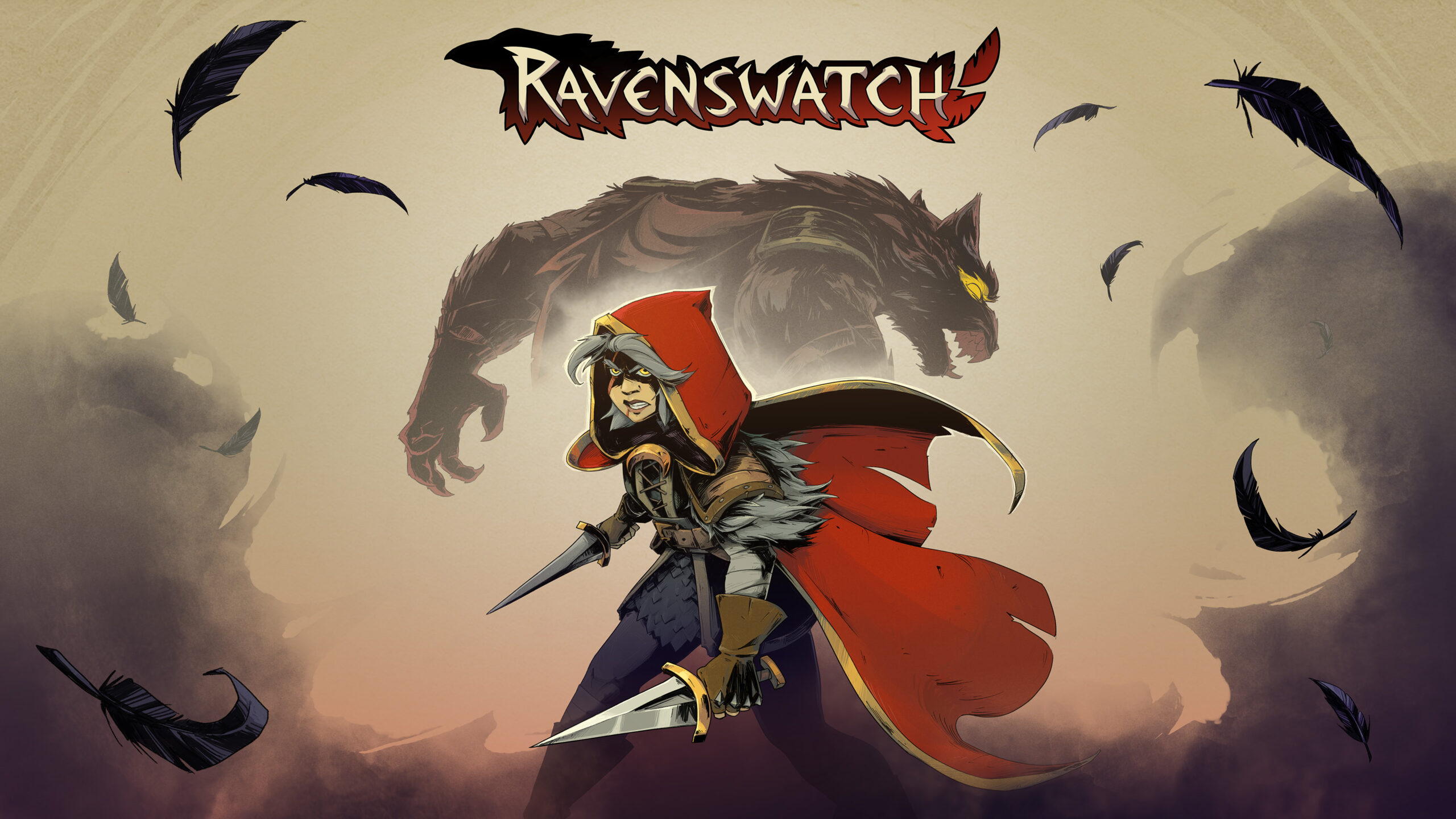
Dragon Age: The Veilguard – Can It Revive the Tactical Fantasy RPG?
The tactical fantasy RPG genre has long held a special place in gaming, a mix of strategy, rich narratives, and imaginative worlds that pull players into epic adventures. Classics like Baldur’s Gate and Neverwinter Nights set the bar in the late '90s, bringing Dungeons & Dragons’ style mechanics into the digital realm. More recently, Baldur's Gate 3 reignited interest in tactical RPGs with its open-ended gameplay and deep, choice-driven storytelling. Now, Dragon Age: The Veilguard, BioWare's return to its iconic series, aims to carry forward this tradition while introducing fresh dynamics for modern players.
A Tactical Genre Steeped in Nostalgia
For fans of classic RPGs, tactical mechanics were foundational. Games like Final Fantasy Tactics or Fire Emblem centered on turn-based decision-making, pushing players to strategize each move carefully. Dragon Age: Origins followed suit, incorporating pause-and-play combat to allow party members’ tactical positioning and ability management. The Veilguard marks BioWare’s attempt to revitalize these roots, bringing back elements of pause-and-play in a semi-real-time environment. With a customizable “ability wheel,” players can halt action to coordinate skills with their party, an approach that appeals to those who miss the more deliberate, strategic choices from earlier RPGs.
Bridging the Old and New
In The Veilguard, BioWare has designed combat to cater to both veterans and new players by mixing real-time action with tactical controls. Rook, the protagonist, can be a warrior, rogue, or mage, with options to further specialize by faction, choosing from groups like the Grey Wardens or the elusive Veil Jumpers. Each faction adds unique gameplay twists, enhancing replayability. The ability wheel, a modern nod to earlier turn-based mechanics, offers flexibility—players can issue commands mid-combat, bringing back a taste of Dragon Age: Origins while still feeling accessible to a new generation of action-RPG fans.
Building on Baldur’s Gate 3’s Success
The resurgence of interest in deep, story-driven RPGs owes a lot to Baldur’s Gate 3. Released to universal acclaim in 2023, it revived the franchise’s tabletop roots while embracing modernized, cinematic storytelling. The Veilguard seems poised to capture this momentum, focusing on a rich, lore-filled world that encourages exploration and moral complexity. Players can influence relationships, factions, and alliances, with significant narrative consequences—a hallmark of the genre revived by Baldur’s Gate 3 and celebrated by fans. These immersive elements add weight to BioWare's ambitious attempt to reignite passion for tactical fantasy.
Character-Driven Stories
Companions have been pivotal to Dragon Age’s appeal, and The Veilguard stays true to this tradition. Returning fan-favorites like Varric join new faces such as Neve Gallus, each with their own backstories, motivations, and special abilities. Each character brings unique skills and emotional depth, not unlike how Mass Effect introduced personality-rich squadmates. The ability to form bonds (or conflicts) with companions allows for a layered experience, particularly as players navigate Solas’s return as the Dread Wolf, whose mission to tear down the Veil threatens the world itself.
The Future of Tactical Fantasy RPGs
As we enter a new era where games blend real-time combat with tactical planning, Dragon Age: The Veilguard has the potential to reinvigorate interest in the genre. With detailed environments—from the capital of Tevinter to the haunting Arlathan Forest—players will have a world that feels alive and reactive. BioWare’s storytelling ambition, especially with Hans Zimmer contributing to the soundtrack, speaks to its dedication to making this a flagship return to form. If The Veilguard succeeds, it could be a definitive title in the revival of tactical fantasy RPGs, appealing to both longtime fans of the genre and newcomers looking to experience the layered storytelling and strategic depth that make these games timeless.
As it stands, The Veilguard promises to be an adventure that balances nostalgia with innovation—an ambitious blend that could, if executed well, secure Dragon Age's place in the pantheon of modern RPG classics. Whether it will bring the same lasting impact as Baldur’s Gate 3 remains to be seen, but fans are excited to rediscover a world where every choice, alliance, and battle matters.









.png?width=1200&height=1200&fit=bounds&quality=70&format=jpg&auto=webp)

